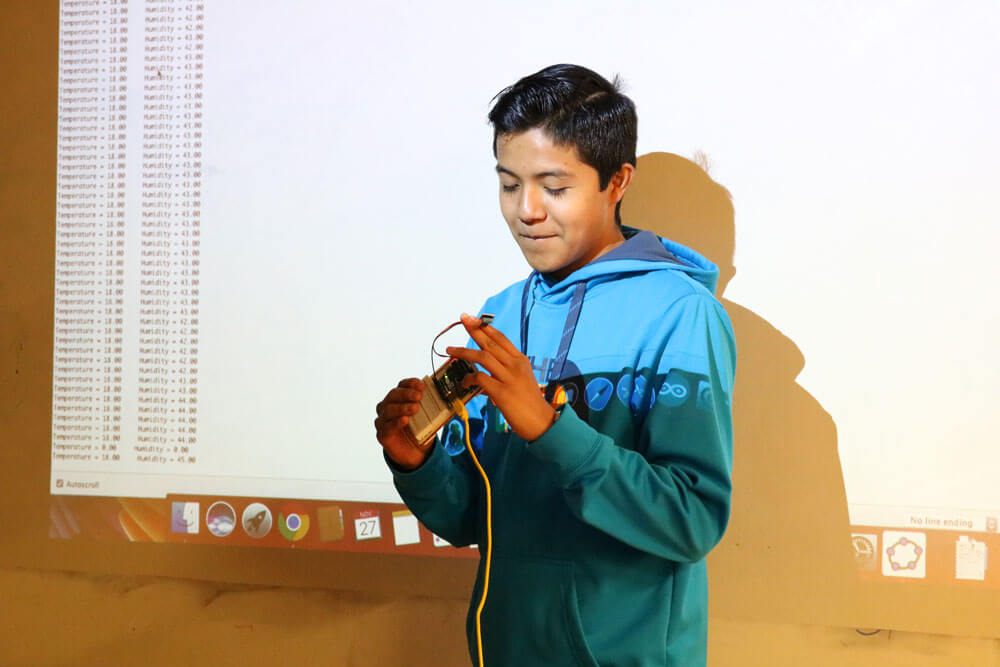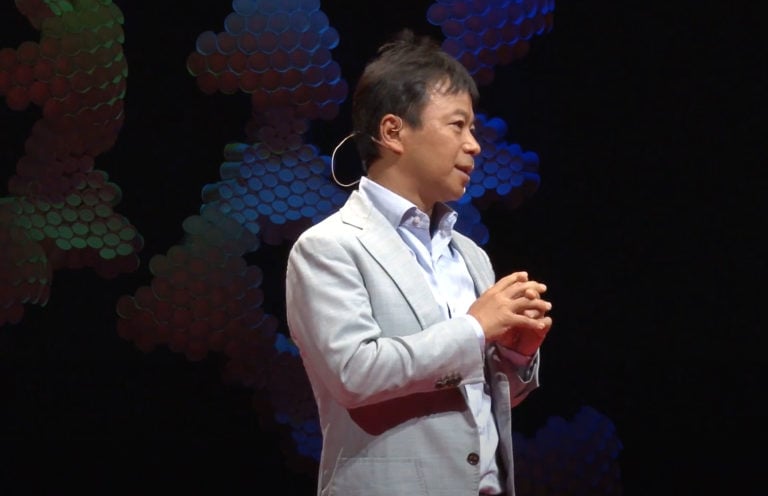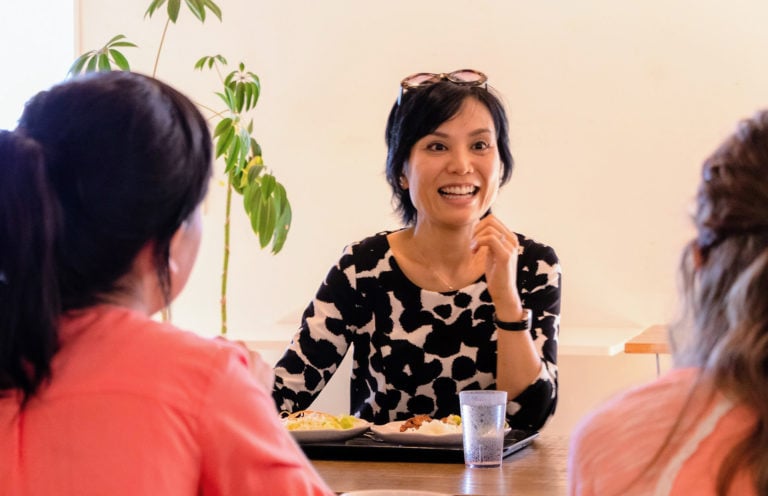 Written by Ryan Murphy
Written by Ryan Murphy
Mr. Murphy teaches G10 Science and Physics at UWC ISAK Japan. He is also the Science Department Chair.

One of my own challenges as a new faculty member at UWC ISAK Japan has been taking on the Grade 10 Science course. Before this year, I had never taught Grade 10 students nor was I familiar with Japan’s MEXT requirements. Talk about ‘learning through doing’! Now, as our first semester as a UWC comes to a close, I’m thankful for this opportunity to share my reflection on these experiences.
What is Grade 10 Science?
Students in Grade 10 are transitioning to an English academic environment that promotes critical thinking, inquiry and leadership skills. Many of our students are coming from educational systems that value extensive content knowledge and employ rote learning to master lower order thinking skills. Through our Grade 10 Science course, students learn to value the process of obtaining and evaluating knowledge over the facts themselves. The course is not designed nor intended to be a pre-IB year. As opposed to traditional high school courses such as Biology or Physics that align with IB subjects, Grade 10 Science at UWC ISAK Japan covers 7 broad topics set by MEXT including the nature of science and our changing environment. This fall, our cross-cutting themes of Awareness and Connecting have focused on observations of the natural world and working together on projects.
MEXT also provides us a tremendous amount of flexibility in the content and form of our Grade 10 courses at UWC ISAK Japan. Without the pressures of an externally set final exam (as in the IBDP), I am able to truly differentiate to my students’ diverse needs and incorporate UWC values as well as ISAK’s leadership training to enrich my lessons. Today for example, after students finished presenting their Photosynthesis and Respiration research projects we took the opportunity to learn more about Hans Krebs, discoverer of the Krebs Cycle. Like Kurt Hahn (founder of the UWC movement), Krebs fled Nazi Germany to pursue his passion in the United Kingdom and from there make substantial contributions to our global community. The current refugee crisis–the worst since WWII–is difficult to contend with and too often framed by ideas of nationalism and xenophobia. Not every high school student will remember the particulars of the tricarboxylic acid cycle, yet these students learning fundamentals of life science at a new UWC internalize the message that diversity is strength and are learning to put together the pieces of a peaceful and sustainable future.
[arve url=”https://www.youtube.com/watch?v=WRjVh36doBo&feature=youtu.be” align=”center” autoplay=”no” /]
UWC ISAK Japan’s Grade 10 Science is driven by inquiry-based learning. Knowing scientific facts is important, however doing science is to participate in one of humanity’s greatest endeavors. The first step in this process has students learning to ask real questions in unfamiliar circumstances, then refining their ideas and posing better questions. Once a research question has been identified and articulated, students develop their skills finding and inspecting sources of information. More often than not, students then seek out additional resources to answer their follow-up questions and can engage in an iterative inquiry process that takes them well beyond the scope of any Grade 10 learning objective. I was particularly delighted by the process that one student engaged in while researching Newton’s light experiments. As part of her research, she created a color wheel based on a video from YouTube that consistently failed to show white when spinning. Instead of abandoning her demonstration, she found Newton’s original notes and faithfully replicated his device to great success. Another student built upon Arduino’s open-source electronics platform to measure abiotic factors as part of his independent project. The accompanying classroom photos show the final stage of the inquiry process, the action of reporting. Students seek to share their specialized knowledge while answering such questions as: What is my main point? What else is important? How does it connect? This ownership of learning along with supportive peer-to-peer learning are hallmarks of our educational program here in Karuizawa.




